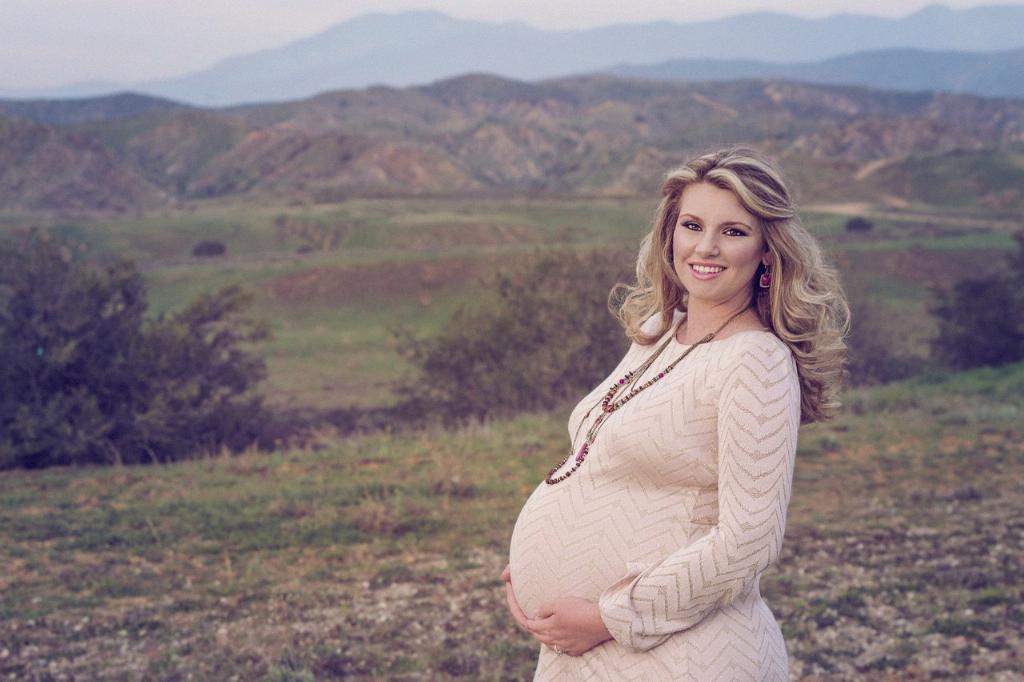When reaching the 11th week of pregnancy, many women find themselves experiencing a shift in their symptoms. This period is often considered a turning point as you come close to leaving behind the discomforts of the first trimester and moving into the more pleasant second trimester. It’s common to wonder whether symptoms will intensify at this stage or begin to subside.
The First Trimester: Navigating Early Pregnancy Challenges
During the initial weeks of pregnancy, the body undergoes significant hormonal changes that can lead to a variety of symptoms. Nausea, fatigue, breast tenderness, and frequent urination are among the common discomforts that many women experience. The 11-week mark signifies a transition period where some of these symptoms may start to alleviate.
Easing Into the Second Trimester
As you near the end of the first trimester, you may find a noticeable improvement in certain symptoms. Nausea, which is often at its peak during the early weeks of pregnancy, tends to lessen for many women around the 11-week mark. This can come as a relief for those who have been struggling with morning sickness.
Changes in Energy Levels
One of the key indicators of progressing through the first trimester is the changes in your energy levels. While fatigue can still be present at 11 weeks, many women report feeling slightly more energetic compared to the previous weeks. This increase in energy might contribute to an overall improvement in your well-being.
Body Changes and Symptoms
Throughout pregnancy, the body continues to undergo transformations to support the growing baby. At 11 weeks, you may start noticing physical changes such as a growing belly and potentially more pronounced breasts. While some symptoms may decrease, others like mood swings and food cravings could still be present.
Listening to Your Body
It’s essential during pregnancy to pay close attention to your body’s signals. As you progress through each trimester, your body communicates its needs and changes through symptoms. If you experience any concerning or severe symptoms at 11 weeks, it’s crucial to consult with your healthcare provider for guidance.
Maintaining a Healthy Pregnancy
Ensuring a healthy pregnancy involves taking care of both your physical and emotional well-being. As you navigate through the ups and downs of pregnancy symptoms, remember to prioritize self-care. Getting enough rest, staying hydrated, and nourishing your body with nutrient-rich foods are essential practices throughout your pregnancy journey.
Support System and Communication
Having a support system in place can greatly benefit your pregnancy experience. Whether it’s your partner, family members, or healthcare provider, sharing your concerns and joys with others can provide a sense of reassurance. Open communication about your symptoms and feelings can help you feel understood and supported.
Preparing for the Next Trimester
As you approach the second trimester, it’s helpful to anticipate the changes that may come with this new stage of pregnancy. While some symptoms may improve, new challenges could arise. Being informed about what to expect and staying proactive in your prenatal care can set a positive foundation for the months ahead.
Monitoring Your Symptoms
Keep track of your symptoms and how they evolve at 11 weeks and beyond. This information can be valuable for your healthcare provider to assess your pregnancy progress and address any concerns that may arise. Remember that every pregnancy is unique, and how your body responds to this transformative journey can vary.
Conclusion: Embracing the Changes
As you reach the 11-week milestone in your pregnancy, be prepared for a mix of relief and potential new challenges. While some symptoms may improve as you transition to the second trimester, it’s important to stay attuned to your body’s needs and seek assistance if needed. Embrace the changes happening within you and look forward to the exciting stages of pregnancy that lie ahead.

